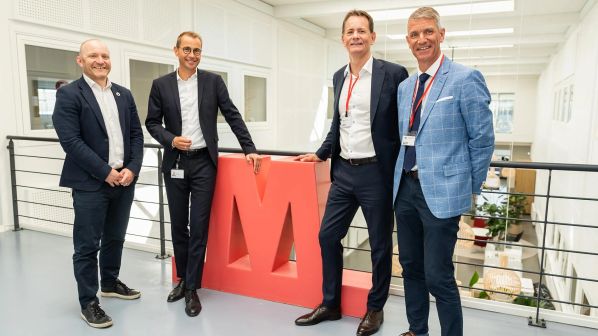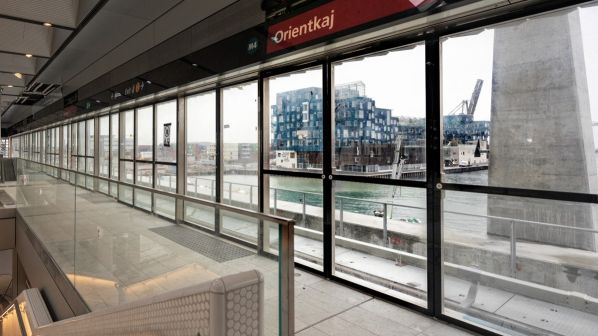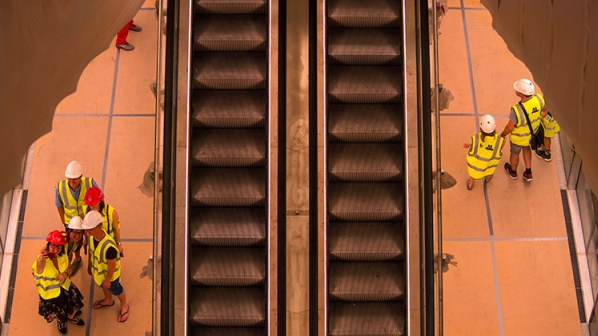COPENHAGEN metro operator Metroselskabet has selected a joint venture of Cowi and Ove Arup & Partners Denmark to act as consultant for the environmental impact assessment (EIA) of the city’s new metro line M5.
The joint venture will also advise on utility relocation and civil works design for line M5, which will run from Copenhagen central station via Brygge, Amagerbrogade and Refshaleøen to Lynetteholm and Østerport.
Expected to open in 2035, line M5 will have 10 stations and will serve the new neighbourhoods of Kløverparken, Refshaleøen and Lynetteholm. It is also intended to relieve congestion on the cross-harbour section of lines M1 and M2.
Metroselskabet says that the design of line M5 will include a junction box for the future Øresund Metro. A study will also be prepared for a new line from Copenhagen central station to Østerport.
The EIA will consider the direct and indirect effects of line M5 on population and human health, noise and vibration, and biodiversity, as well as its impact on land use, soil, water and air quality, climate and cultural heritage.
Metroselskabet is aiming to reduce the climate impact of new metro lines by 50% compared with previous projects, while at the same time ensuring a strong focus on the customer experience, the line’s contribution to the city and health and safety during both construction and operation.
Alongside the Cowi-Arup joint venture, the other prequalified bidders for the consultancy contract were Artelia Aecom M5, Niras-N:E:W and the Ramboll Atkins M5 joint venture.
Cowi-Arup was selected following the competitive dialogue stage of the tendering process.
“We have high goals to build a metro with a strong focus on the customer experience, while at the same time significantly reducing climate impact,” says Mr Russell Saltmarsh, M5 project director at Metroselskabet.
“This cannot succeed without collaboration, which is why strong dialogue with consultants is essential from day one."
“The sustainability vision for the project is very ambitious, and innovation and digitalisation will be key elements in the development of new solutions,” says Cowi senior project director, Mr Flemming Billeskov Nissen.
“We will significantly reduce the climate footprint and set new standards for the metros of the future."
For detailed data on metro projects around the world, subscribe to IRJ Pro.




